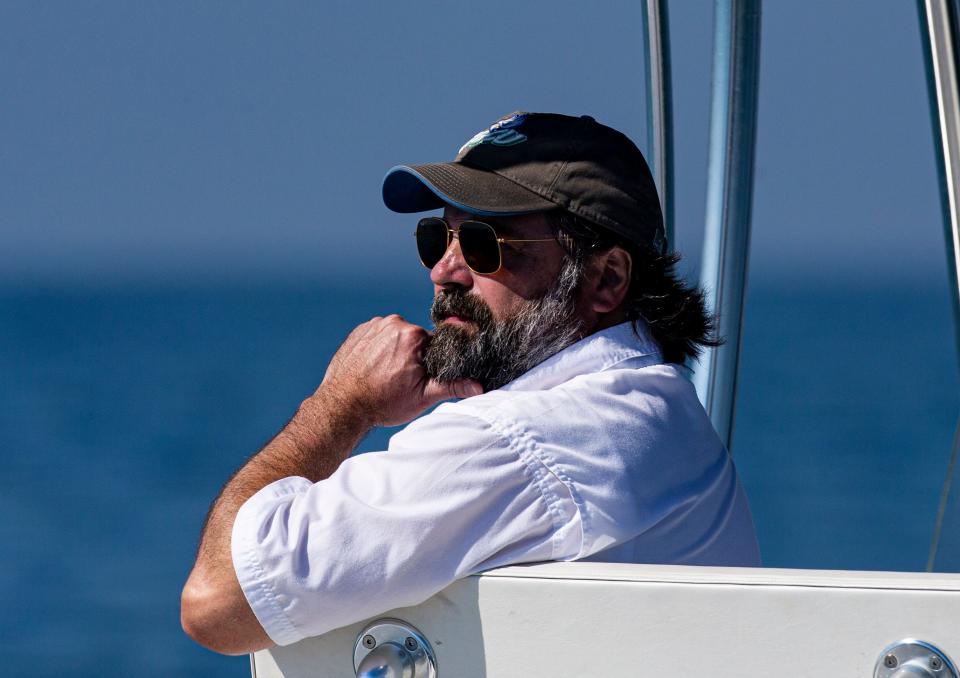Florida has programs and plans to clean up the state’s distressed waterways, but these efforts may not be enough to clean up the state’s protected lakes, rivers and bays.
That was a thought among members of the state’s Blue-Green Algae Task Force, who met Tuesday in Live Oak to discuss nutrient pollution flowing from agricultural fields.
The state has all kinds of acronyms for how Florida’s waters should be managed and controlled. There is TMDL, or total maximum daily load, for pollution such as fecal coliform and BMPs, or Best Management Practices, for reducing pollution flowing from agricultural fields.
The state also has Basin Action Management Plans, or BMAPs.
But what it doesn’t have in many areas is clean water, and these efforts may not be doing enough to rid Florida’s waters of pollution.

“We may not be in compliance with the TMDL,” Mike Parsons, a task force member and professor at Florida Gulf Coast University, says anecdotally. “We may have done all we could do through BMAPs and practical agricultural practices.”
Task force formed to help clean up Florida’s waterways
The task force was created in 2019 by Governor Ron DeSantis with the idea of having some of the best water quality scientists in the state serve as an advisory board to help clean up distressed waters.
The group meets several times a year and makes policy and regulatory recommendations to state lawmakers.
James Sullivan, a task force member and executive director of the Harbor Branch Oceanographic Institute at Florida Atlantic University in Fort Pierce, agreed.
More: Will sargassum wreak havoc on SWFL beaches this summer?
“We may find out at the end that the horror story is that we can’t do this (alone) with BMPs, and we have to take a different kind of action,” Sullivan said.
Task force members heard Tuesday from the Florida Department of Agriculture and Consumer Services about the BMP program, which is supposed to reduce the amount of agricultural pollution flowing through the state and to the coasts.
“It’s a two-sided issue,” said West Gregory, agricultural water policy manager for the Agriculture Department. “There’s a perception among the public that farmers are the source of pollution and they’re not doing anything about it, and there’s a perception from the farmers: ‘why do we have to do all this.’ And honestly, these people care a lot, and their livelihoods depend on clean water. They really want to help.”
The state is trying to improve the image of agricultural practices
Gregory said his office is trying to improve public perception of best management practices designed to reduce the amount of nutrients fueling toxic algae outbreaks in Lake Okeechobee and places like the Caloosahatchee River.
He said the department is now working on 50,000 plots probably comprising 90,000 aces of agricultural land.
More: Florida asks FBI to revoke more than 1,000 permits after judge rules illegally
Getting these smaller businesses to participate in the volunteer program is part of the challenge, he said.
“Historically, we have emphasized enrolling large parcels, but many smaller acres remain,” Gregory says. “And we still have to try to understand who is doing the farming.”
The group will meet again on September 20.
This article originally appeared on Fort Myers News-Press: Florida’s pollution approach may not be enough to clean up distressed waters







